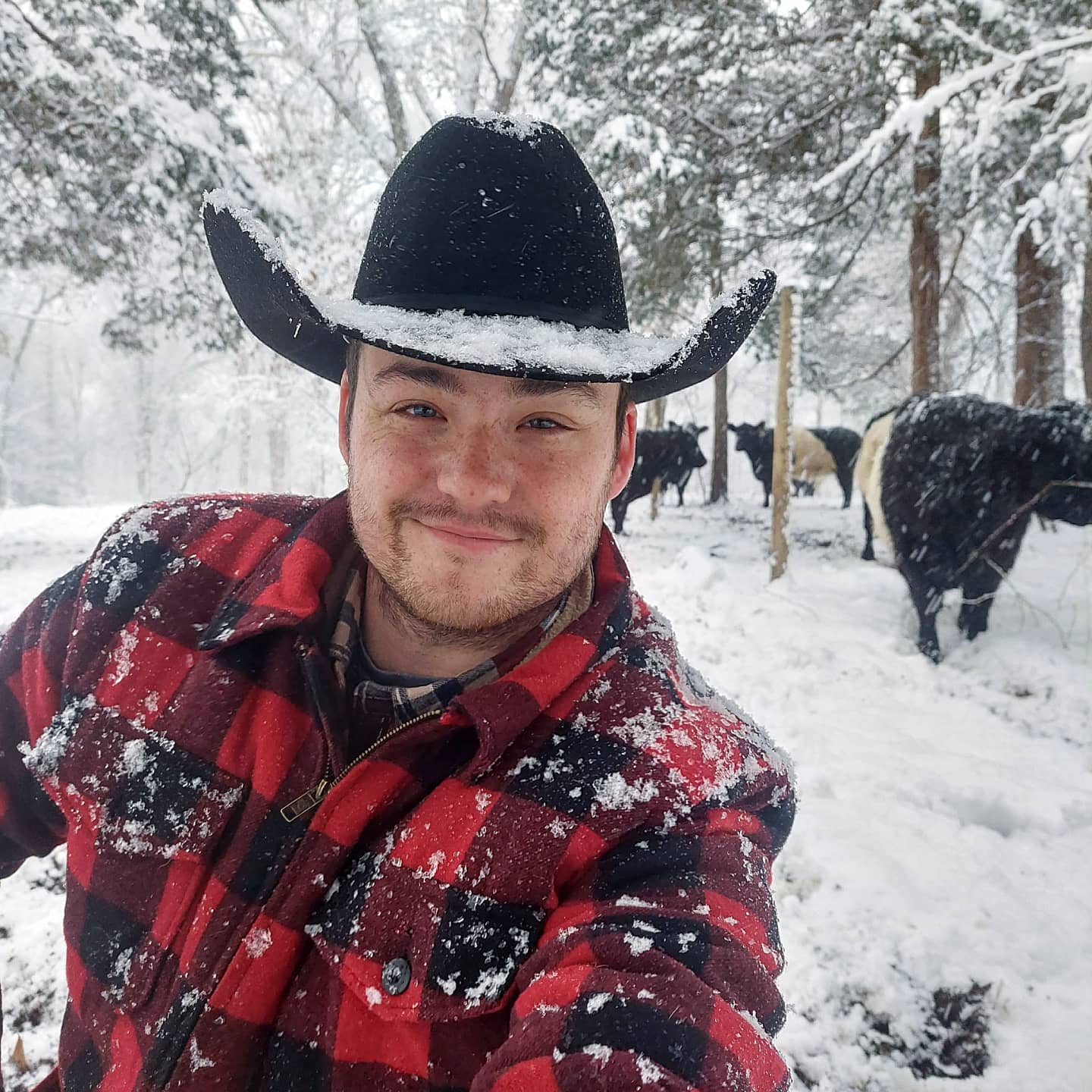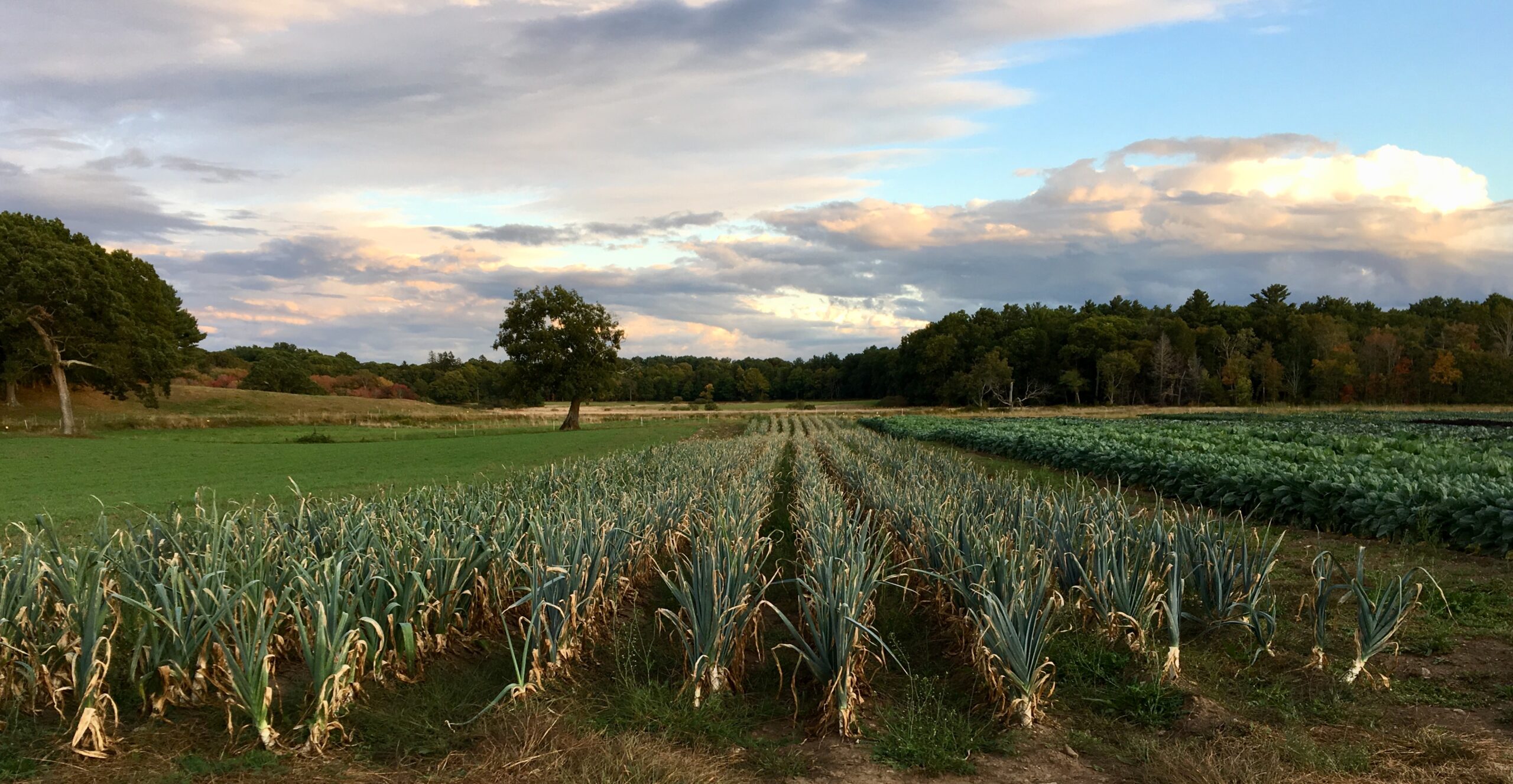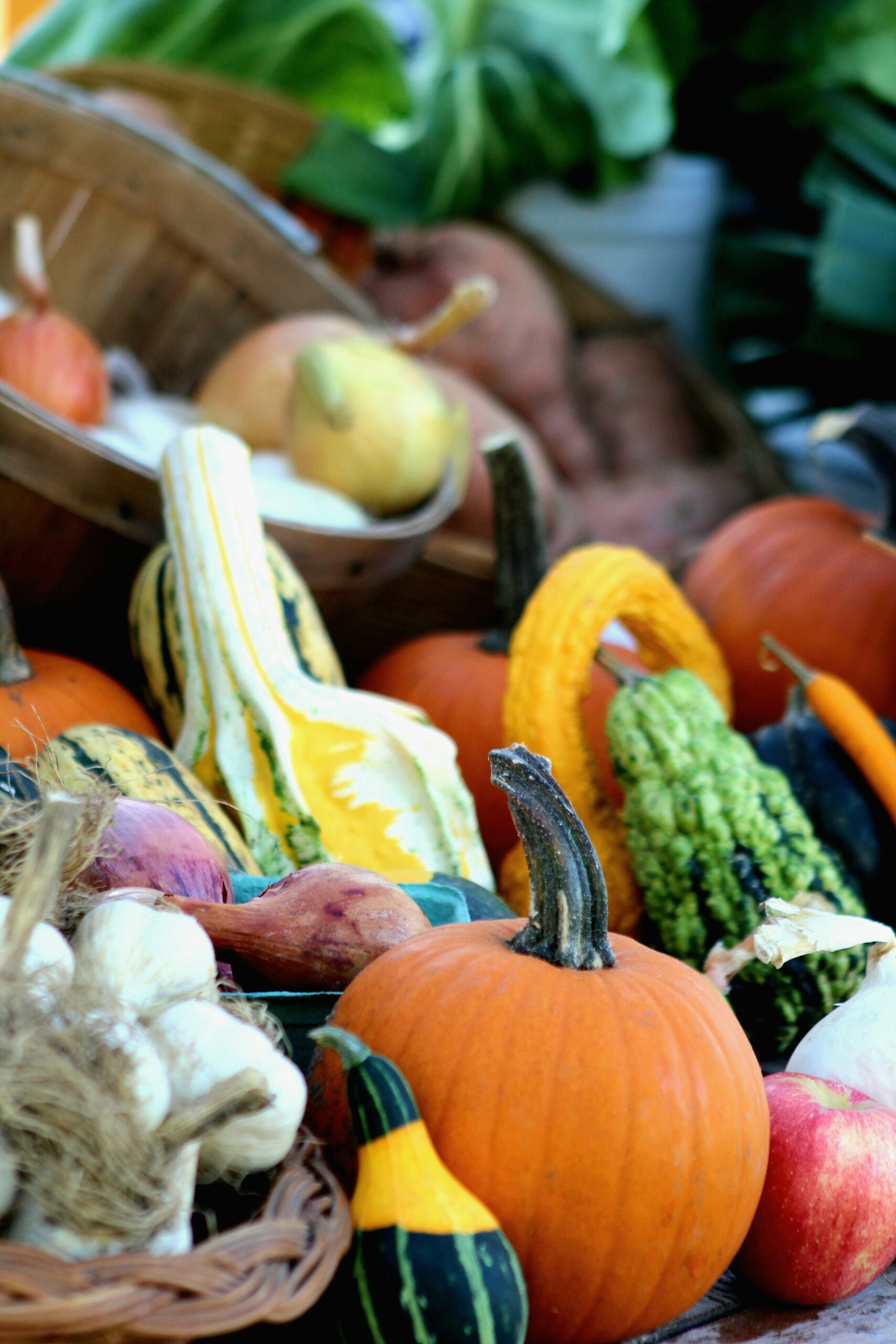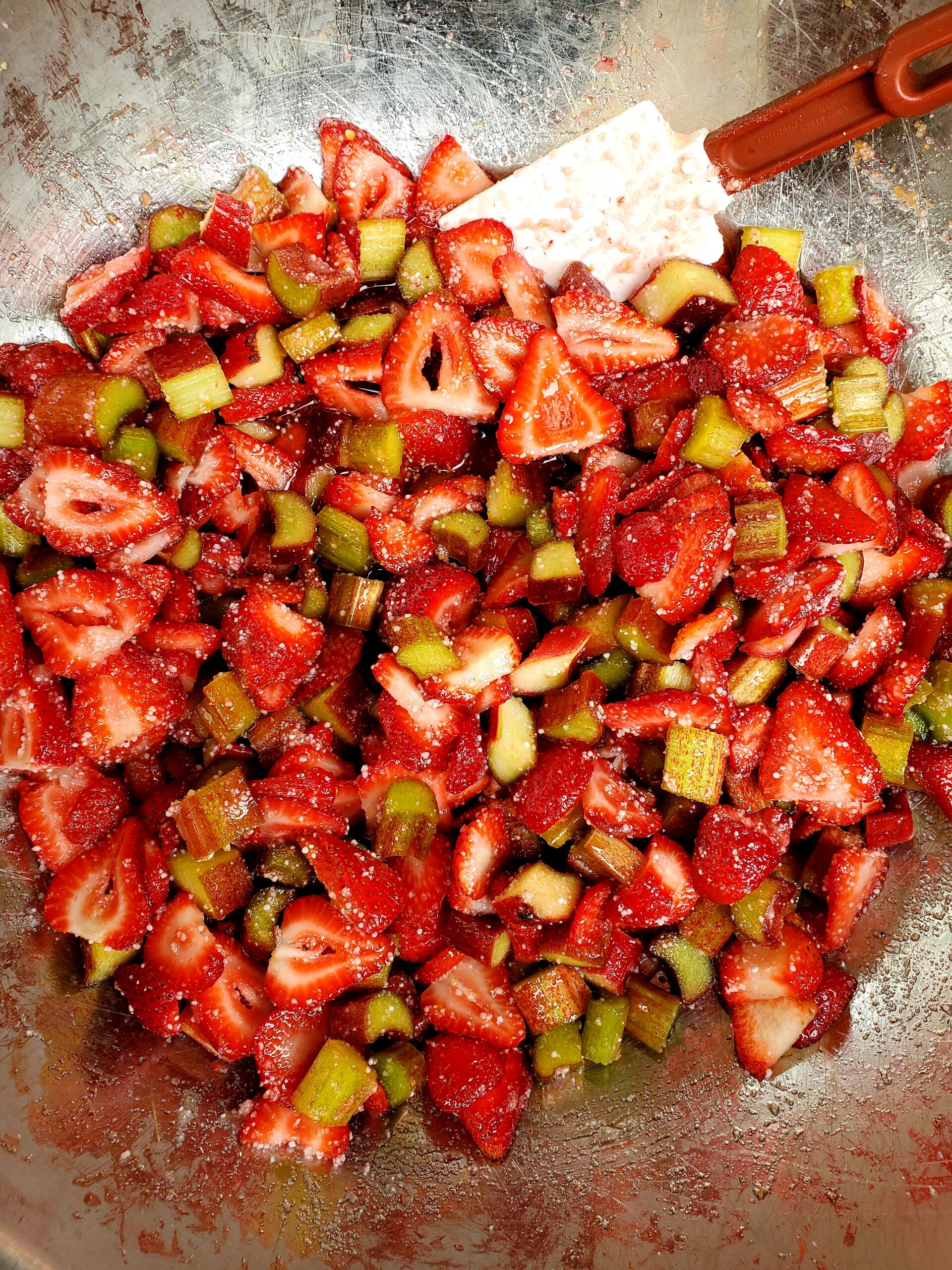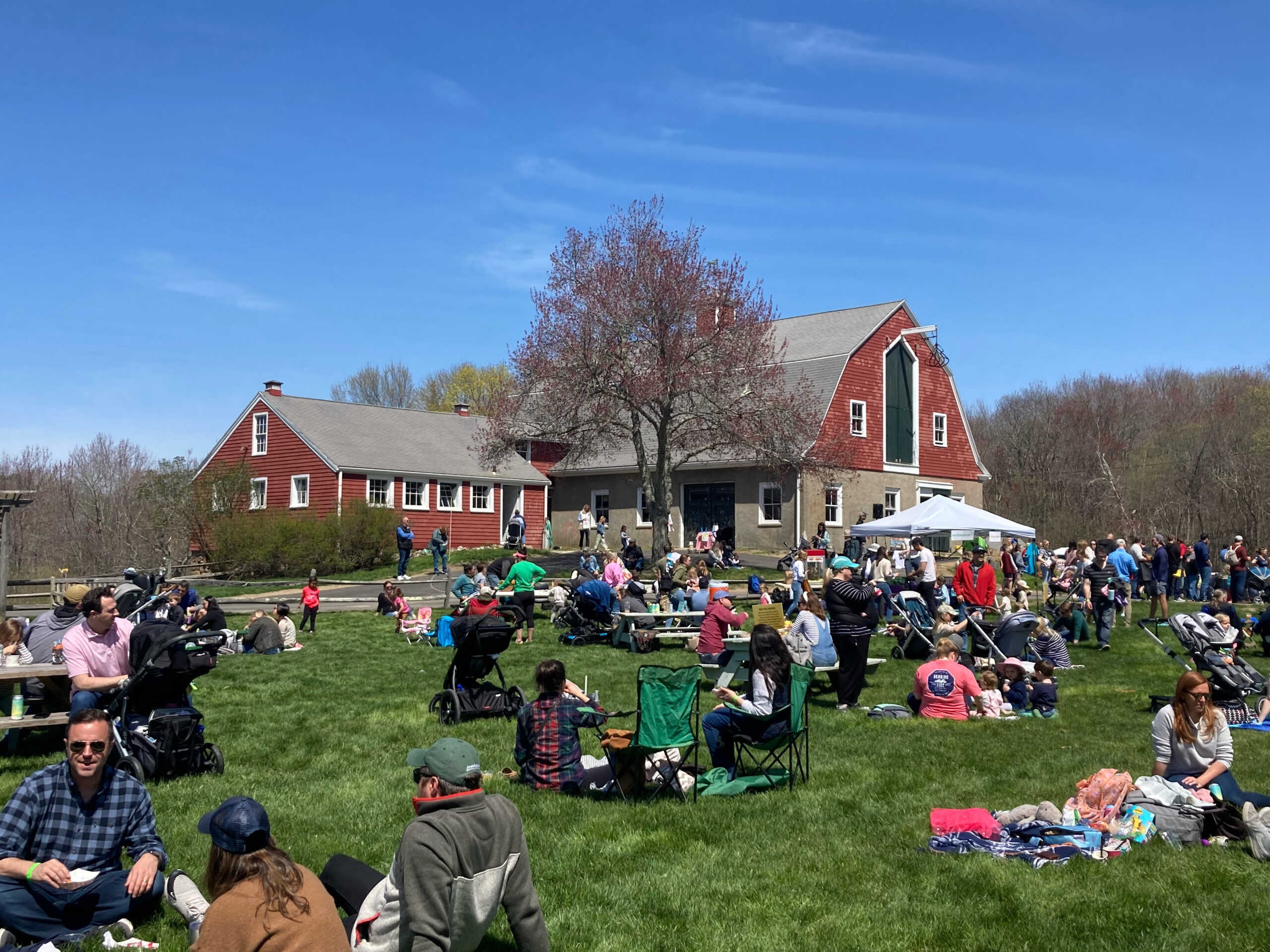How did you get into livestock work?
I got into working with livestock because I have always had a passion for animals, and I wanted to learn the process of where and how my food came to be.
Was that your educational background? If not, what is your educational background?
Although I never continued academically after high school, I spent my time in various internships, mentorships, and jobs, such as milking at some local dairy farms and working at the feed store, which helped build up the skills and knowledge I have today.
What were you doing just prior to joining the trustees?
Prior to The Trustees, I had my own business based out of the South Shore where I would watch farms for folks when they needed it as well as provide an extra set of hands doing various tasks at farms throughout New England.
Do have a specific area of expertise?
Although I have lots of experience with all kinds of livestock, I’m most at home with cows and sheep.
When it comes to this type of work, what are you most passionate about or interested in?
What I’m most passionate about is the yearly cycle of the cows, from moving them around the in the summer for grazing to watching the calves take their first wobbly steps to nurse off mom.
In what ways are you doing that kind of work that you are most passionate about at our farms?
Managing the Belted Galloway breeding program at Weir River is my favorite part of the job. It’s always fun trying guess if the calf will be a bull or heifer, what traits it will carry from which parents, and of course, watching the calves bounce around happily through the grass is always a highlight of the day.
Do you feel there is a discernable difference when you buy meat and eat meat that is from cattle living the kind of experience they have at our farms?
Absolutely. One of the first things you learn getting into this field of work is how important it is that the livestock are well taken care of and as stress free as possible. Lots of factors can affect the quality of the product, for example giving the livestock the ability to use their natural instincts, like cattle or sheep grazing the pastures, goats browsing the underbrush, and pigs rooting around the forest.
Do you feel like people are educated about where their meat is coming from? Do you think there’s a need for more education?
I think pretty recently we’ve reached a point where there is a vested interest as to where our food comes from. We definitely have a way to go, but in my day-to-day interactions, I have noticed an increased willingness to learn and it’s incredibly motivating.
What about the role of livestock in the bigger ecological picture?
Livestock in the past have been looked at as something entirely different or even a burden to an ecological system but there’s a growing number of examples showing if you raise livestock properly, it is beneficial to ecosystems. A good example I’ve heard is a grasslands habitat that may not be suitable for bison reintroduction due to its proximity to a large, populated area or other reasons can be filled with domestic cattle for a similar positive impact on that ecosystem.
